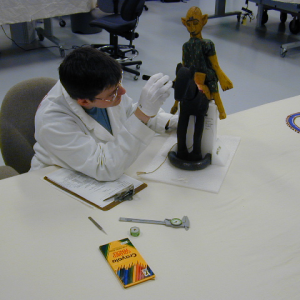Description
Description:
A visitor-centered course on how to increase your visitor program participation numbers (attendance) in interpretive programs and experiences. John Veverka researched why visitors select and attend interpretive programs for 2 years while working as a seasonal naturalist with Ohio State Parks and completing his MS in interpretation from the Ohio State University. The results of this research was groundbreaking for program planning. Employing research results increased program attendance the following year by over 30%. This course teaches how to do your own research into what motivates your visitors. The results may help you increase your visitor numbers and their satisfaction with the experience you offered.
Course Outline
Week One: Unit One: Interpretive Master Planning – the model of interpretive planning
Week One: Unit Two: Visitor motivational psychology – Maslow and visitor needs and motivations
Week Two: Unit Three: Visitor survey research/questionnaire development and survey strategies
Week Two: Unit Four: Timing is everything – when/where to offer interpretive experiences and program duration
Week Three: Unit Five: Using the survey results – markets of one and mass customization.
Week Three: Unit Six: Interpretive program planning strategies.
Week Four: Unit Seven: Rethinking marketing
Week Four: Unit Eight: Tracking long-term follow-up based on new interpretive program/services offerings.




